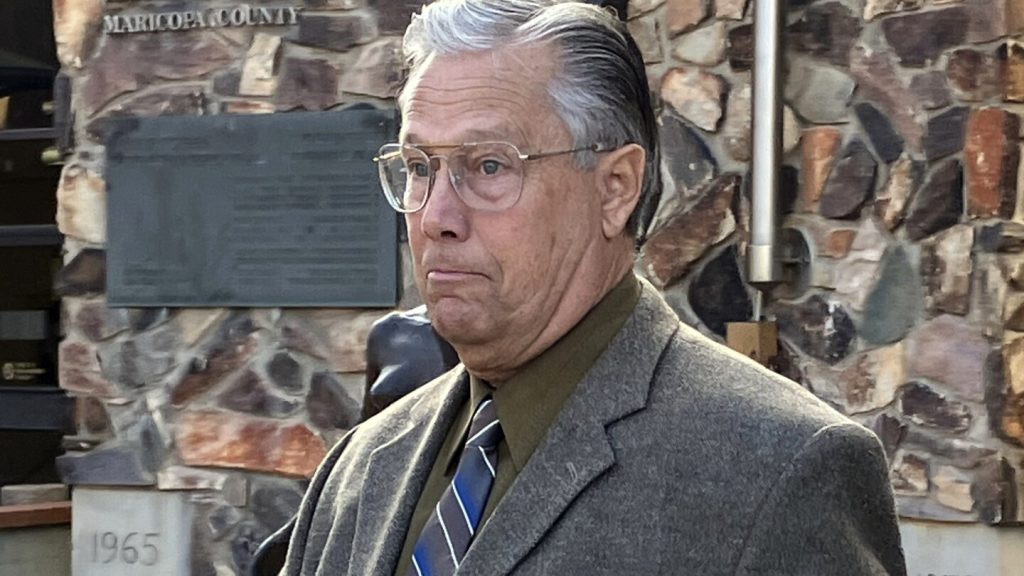The Arizona Court of Appeals has rejected an argument from Cochise County Supervisor Tom Crosby that felony charges against him for delaying the certification of the county’s 2022 election results should be dismissed on the grounds of legislative immunity. The court determined that Crosby’s duty to certify the election results was not discretionary and that certifying election results is an administrative responsibility, not subject to legislative immunity. Crosby, along with fellow Republican Supervisor Peggy Judd, faced criminal charges after refusing to certify the election results. Judd pleaded guilty to a misdemeanor charge and was sentenced to probation, while Crosby has pleaded not guilty to charges of conspiracy and interference with an election officer, with his trial scheduled for January 30.
Dennis Wilenchik, one of Crosby’s lawyers, announced that they would be seeking a review of the case from the state Supreme Court. Wilenchik argued that moving the certification date by a few days should not be considered a criminal act and that Crosby should be entitled to immunity. The certification of the Cochise County election results was ultimately completed after a judge ordered Judd and Crosby to carry out their legal duties. Judd and Supervisor Ann English, the board’s only Democrat, finally approved the canvass, allowing the statewide certification to proceed as scheduled.
The ongoing legal battle surrounding the certification of the Cochise County election results highlights the importance of timely and accurate certification in the electoral process. The court’s decision to reject Crosby’s argument for legislative immunity sets a precedent for ensuring that election officials uphold their responsibilities in a fair and transparent manner. The outcome of Crosby’s trial will have implications for future cases involving election certification delays and the accountability of elected officials in fulfilling their duties.
The case also raises questions about the role of legislative immunity in similar scenarios and whether it should apply to election certification processes. Wilenchik’s argument that certification is merely a formality raises concerns about the potential consequences of allowing election officials to delay or neglect their responsibilities. The state Supreme Court’s review of the case will provide further clarity on the issue and determine whether legislative immunity should protect officials in such situations.
As the legal proceedings continue, it is essential to uphold the integrity of the electoral process and ensure that election results are certified in a timely and accurate manner. The outcome of Crosby’s trial will serve as a significant precedent for future cases involving election certification delays and the accountability of elected officials. The decision of the state Supreme Court on whether to review the case will provide clarity on the application of legislative immunity in similar situations and the responsibilities of election officials in upholding the integrity of the electoral process.


